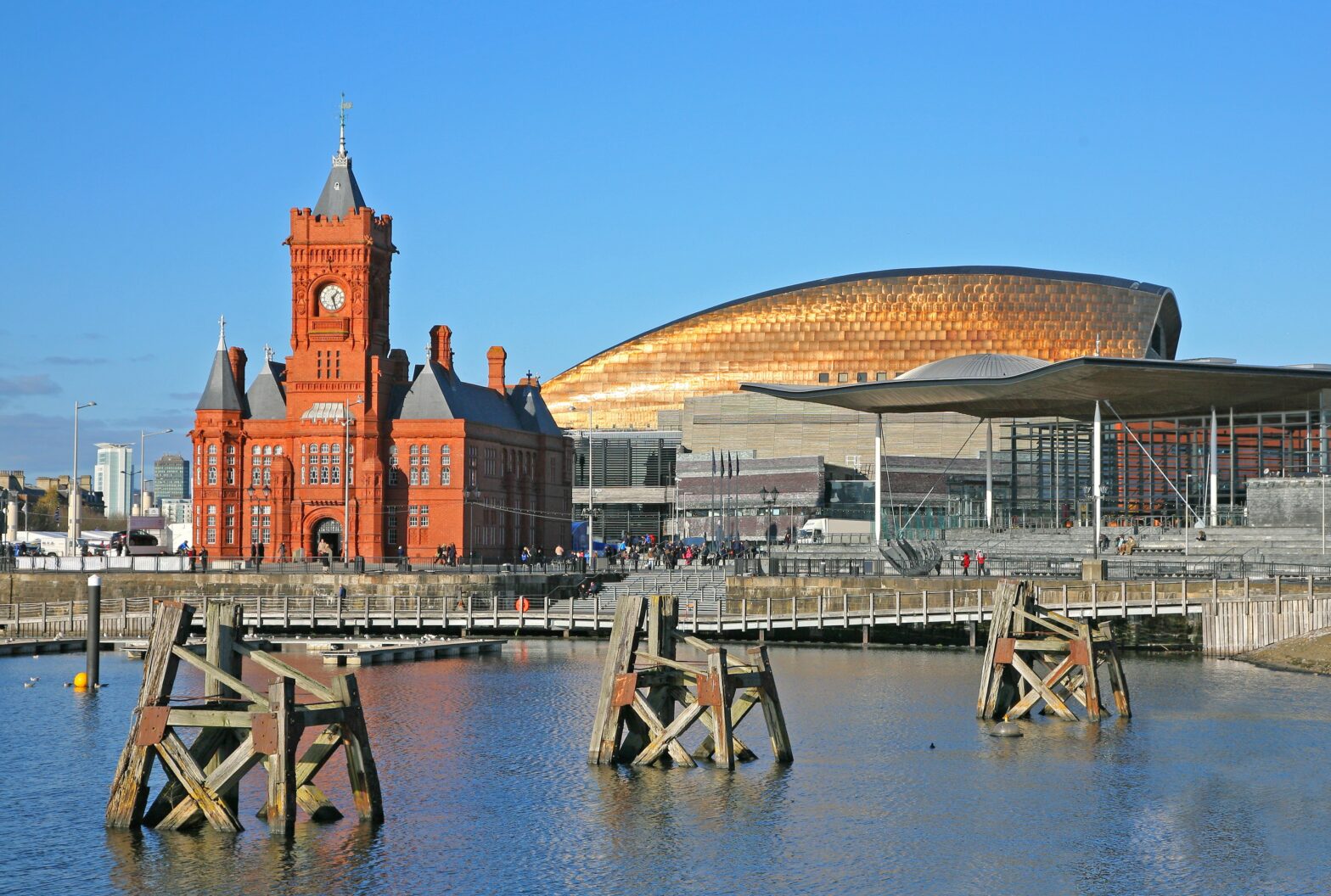Small businesses have until the end of August to claim up to £1.6bn in unspent grants through the Government’s COVID-19 emergency help schemes.
Business secretary Alok Sharma has written to local authorities asking them to return £1.6bn in currently unspent grants issued through either the £25,000 retail, leisure and hospitality scheme or the separate £10,000 scheme for firms eligible for small business rates relief by Friday, August 28.
This is despite thousands of businesses that have applied for grants still waiting for the money to hit their accounts.
>See also: How to get the government’s £10,000 cash grant for small businesses
Two schemes worth £12.4bn were set up in March to provide payments through the business rates system as Britain went into lockdown.
Shops, hotels, restaurants and other leisure businesses whose premises’ rateable value – which determines how much commercial property tax they pay – is between £15,000 and £51,000, are eligible for a £25,000 grant through the Retail, Hospitality and Leisure Grants Fund.
Separately, any business qualifying for small business rate relief or rural rates relief is eligible for a grant of £10,000 through the Small Business Grant Fund (SBGF), as is any business in the retail, leisure or hospitality industry whose property is valued at less than £15,000 for business rates.
A third £617m Discretionary Fund was launched in May to help about 10,000 small businesses that do not pay business rates directly, but rather pay them through a landlord such as those in shared workspaces.
>See also: Local Authority Discretionary Grants Fund – how it can help your business
While this later “discretionary” funding has been heavily oversubscribed, as of July 13 £1.58bn of the primary grant funding had gone unspent, largely because of rules which capped how much chain stores could claim for their properties.
John Webber, head of rating at Colliers International, a property advisory firm, said the unspent grants from the first two schemes should be used to help thousands of small businesses which missed out on the discretionary funding, which he said had failed.
Colliers estimates that there are 6,000 businesses in London alone in serviced office space that were not able to access the original SBGF. These were relying on the discretionary grant to be the answer to their prayers.
Bizarre scenario
Webber said: “We have had a bizarre scenario where there are some areas of the country with still ‘too much grant’ to pay out, such as Cornwall who has paid out £235m of its whopping £281 million grant, but other parts of the country where the grant allocations were simply not big enough.”
For example, Colliers said that Manchester had received £5.4m to distribute via its discretionary fund, enough to help only about one in 30 of small qualifying businesses.
The deadline for the schemes’ closure could mean thousands of companies in serviced offices still waiting for the Government’s valuation office agency to determine their business rates status also could miss out, Webber said.
Webber added: “It’s been a postcode lottery as to how and if a business actually managed to benefit from these grants. In terms of the discretionary grant fund, unlike receiving funds from the SBGF, businesses also had to evidence a loss of income resulting from COVID-19 to receive grant monies, and different boroughs gave different deadline dates and conditions for applications. It’s been confusing and inconsistent.”
Further reading
Find your small business coronavirus grant – list of UK councils






